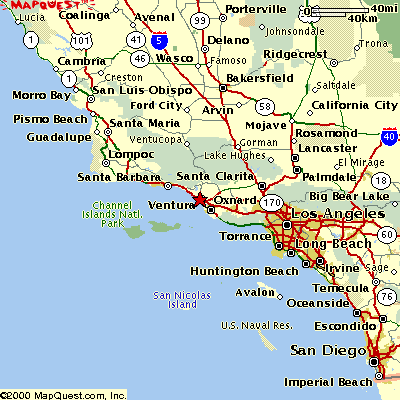

It is irrelevant whether the buyer ‘agrees' to the cancellation. The ten reasons for cancellation as outlined confer upon the seller a right to cancel unilaterally. "Cancellation is a unilateral act regardless of whether there is an open escrow. It is relevant again to quote from the CAR memorandum: It is important to note that the first part, unlike the second, does not require the signatures of both parties. This form comes in two parts: one cancels the contract, the other cancels escrow and provides for disposition of the deposit money. If the buyer has not conformed with a Notice to Perform, or has not closed after receiving a Demand to Close Escrow, the seller may then deliver a Cancellation of Contract (CC) to the buyer.

This is not the case, however, when the seller has given the buyer a Demand to Close Escrow (DCE). The purchase contract gives the seller the right to cancel if the buyer has not performed after receiving an NBP, but it also provides that the seller will release the deposit money, less costs incurred. In cases where an NBP has been used, this is not possible. Sellers will often want to retain some or all of a buyer's earnest money deposit. "The specifies that where the seller has sent out disclosures, reports or other information late, then the buyer will have an additional 5 days after receipt to remove contingencies if those 5 days go beyond the contingency period." It is also important that the seller has fulfilled all of his obligations with respect to the buyer's contingencies. If the buyer has failed to close escrow on time (condition #10), then the seller should use the Demand to Close Escrow (DCE), not a notice to perform. The NBP can be delivered no earlier than two days before that date. In such an instance, it is important that the seller and his agent are careful to calculate correctly what is the buyer's deadline date for compliance. When a buyer has failed to comply with one of the conditions in 1 - 9 above, the seller must, before canceling, first give the buyer a Notice to Buyer to Perform (NBP). Also, there are common law legal reasons such as fraud or duress. Other possibilities could be added, such as a contingency for short sale approval, or the purchase of another property. The ten reasons listed are in a standard transaction.
VBOOK BUYERS IN VENTURA CALIFORNIA VERIFICATION
The CAR memo provides the following list: (1) buyer failure to remove an applicable contingency (2) buyer failure to deposit the earnest money, or an increased deposit (3) funds for money deposited are not good (4) buyer fails to deliver prequalification letter (5) buyer fails to deliver verification of down payment and closing costs (6) seller has reasonably disapproved of the verification of funds (7) buyer fails to return the Transfer Disclosure Statement, Natural Hazard Disclosure, lead disclosures or other disclosures (if required) (8) buyer fails to sign a separate liquidated damages form for an increased deposit (9) buyer fails to deliver notice of FHA or VA costs or terms (if applicable) and, finally, (10) buyer does not close escrow on time. What good does it do to cancel a contract if the buyer can come back and possibly claim a right to buy?"įor what reasons may a seller cancel? In a typical situation, the standard purchase contract (RPA) provides exactly ten reasons. But rushing the process of cancellation will often lead to a defective or questionable cancellation.

They want the contract canceled yesterday. The CAR memo notes: "Many sellers and agents are impatient. In each case, they still want to buy - just not on exactly the terms that had been agreed to. And, sometimes, they stall the closing in an attempt to squeeze the seller for a further concession. they don't yet have the money for the increased deposit that is due). Sometimes it is because things have not gone as planned (e.g. Sometimes buyers miss performance deadlines due to nothing more than sheer inefficiency. The need for such an advisory arises out of the fact that a non-performing buyer may still want to buy. That is why, a little over a year ago, the legal department of the California Association of Realtors (CAR) produced a memorandum titled, "How a Seller May Cancel a Purchase Agreement: Checklist and Q&A". So is cancelling a California real estate purchase contract.


 0 kommentar(er)
0 kommentar(er)
